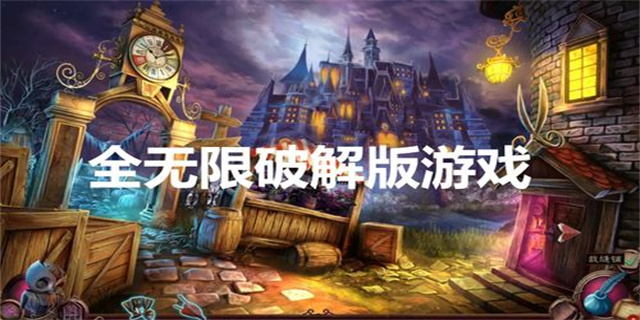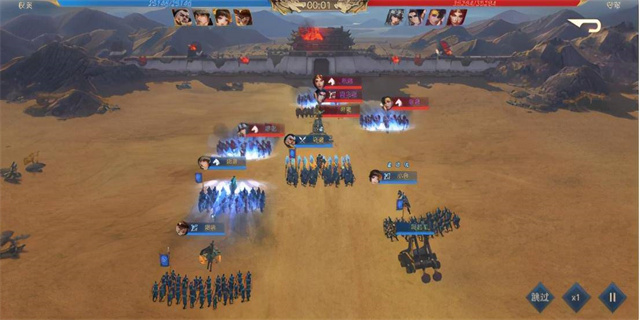Royal: A Fascinating Journey into the World of Monarchy
Introduction
Royal families have always held a special place in the hearts and minds of people around the world. The pomp and pageantry, the traditions and ceremonies, and the historical significance associated with these families captivate our attention. In this article, we will take a closer look at the world of monarchy and explore the intriguing lives of royal individuals.

The Birth of Monarchy
Monarchy can be traced back to ancient times when rulers claimed a divine right to rule. The earliest known monarchy dates back to ancient Egypt, where pharaohs were believed to be deities. Over the centuries, different countries developed their own monarchical systems, each with its unique characteristics and traditions.

European monarchies have had a significant impact on history. The British monarchy, in particular, has played a central role in shaping the modern world. From the reign of Queen Elizabeth I, often referred to as the Golden Age of England, to the current monarch, Queen Elizabeth II, the British royal family has seen triumphs, tragedies, and the evolution of the modern constitutional monarchy.
The Life of Royals
Royals live a life most of us can only dream of. They reside in opulent palaces, wear exquisite jewels, and have armies of servants at their service. While this portrayal may hold true for some members of the royalty, the reality is often more nuanced.
The life of a royal individual is one that is constantly under the public eye. Every public appearance, every action, and every word spoken is scrutinized by the media and the public. With such a high level of visibility, it can be challenging to maintain a sense of privacy and lead a \"normal\" life.
Furthermore, being a royal comes with its fair share of responsibilities. Royalty is expected to represent their country and perform ceremonial duties. They often engage in charitable work, champion causes close to their hearts, and perform diplomatic roles to promote national interests. This sense of duty and service is instilled from a young age, and royals are expected to adhere to a strict code of conduct.
The Evolution of Monarchy
While monarchy has a long history, it has also been subject to changes and adaptations over time. In many countries, the role of the monarch has gradually shifted from one of absolute power to more symbolic and representative roles.
Constitutional monarchies, as seen in countries like the United Kingdom, Japan, and Spain, provide stability and continuity while allowing democratic governance. The monarch serves as a figurehead, representing the nation and its values. They act as a unifying force and a symbol of national identity.
On the other hand, some countries have transitioned from monarchies to republics. This shift often comes as a result of political or social turmoil and a desire for a more egalitarian society. However, even in these cases, royal families may retain certain ceremonial roles, preserving cultural heritage and keeping a connection to the past.
Conclusion
The world of monarchy is a captivating one, filled with history, tradition, and intrigue. The lives of royals have fascinated people for centuries, and their stories continue to generate interest today. Whether it's the glamour and grandeur of royal weddings, the diplomacy and charitable work performed by royals, or the symbolic representation they provide, monarchy holds a unique place in our modern society.
Despite the changes and adaptations monarchy has undergone, the fascination with royal families remains. They remind us of a bygone era, a link to the past and a testament to the endurance of tradition. The world of monarchy will continue to intrigue and captivate as we witness the unfolding lives of royal individuals.




















